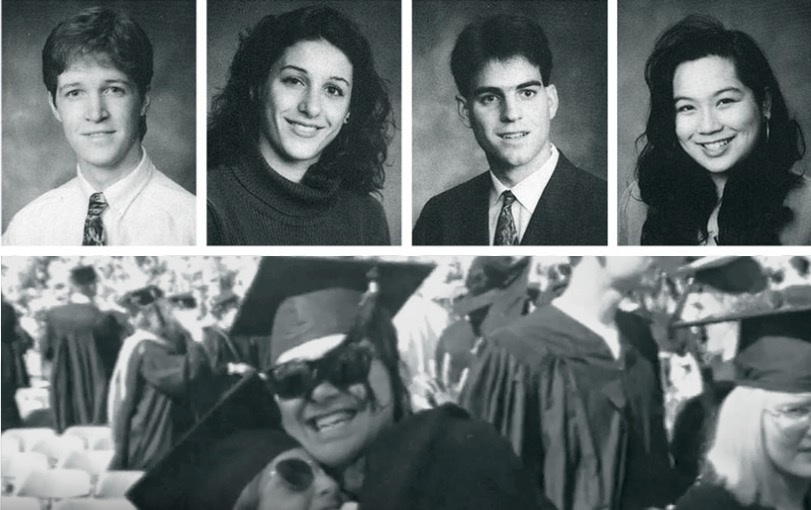If I were to ask my friends, family, colleagues, clients, and former classmates to define success, I have no doubt that they would give me rich answers expanding beyond their income and the size of their cars. Yet it appears that people are still defining success primarily from a financial standpoint — the very framework that Martin Luther King urged us to look beyond.
This narrow definition of success, with an over-emphasis on profit and financial growth and the size of your house, has led to many of today’s most pressing human challenges — from poverty to medical epidemics, environmental degradation to terrorism.
How might we then collectively expand our definition of success?
This is what I asked myself after reading the Dec. 23, 2014, New York Times article reporting on the ‘success’ of the Stanford class of 1994. I was personally interested in the story as I was part of that group, although I technically completed my classwork in 1995 due to a bout with typhoid and malaria. It promised to be a fascinating story about the ‘pioneering’ graduates. “It is hard to top the luck and timing of the Stanford class of 1994, whose members arrived on campus barely aware of what an email was, and yet grew up to help teach the rest of the planet to shop, send money, find love and navigate an ever-expanding online universe.”
However, the almost exclusive focus on their bank accounts and the size of their homes was perplexing. It was also a reminder of the urgent opportunity there is to continue to expand our perspective of success — so that it can be more inclusive of the things that enable us to lead happy lives in a way that works for all 7 billion of us. What other option do we have to ensure the well being of the next several generations that follow from ours?
If the Times were to consider following up this article with a sequel or a series, these are some of the questions I would have about my classmates’ unfolding journey to success.
Are they experiencing inner well being?
Do they feel a sense of purpose and life satisfaction?
How is their health?
What sort of ongoing education do they engage in?
Do they feel creatively challenged?
How did they stay close to their young children?
To their aging parents?
Do they regularly connect with nature?
Is their work aligned with their values?
Do they feel they are being of service?
What opportunities do they find for teaching what they have learned?
Do they sleep well?
How do they participate politically?
How are they working to address humanity’s most pressing issues?
Do they feel part of a supportive community?
Are they nurturing their friendships?
Are they engaged in environmental responsibility?
What does their financial picture look like?

